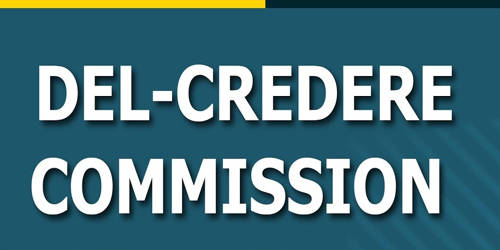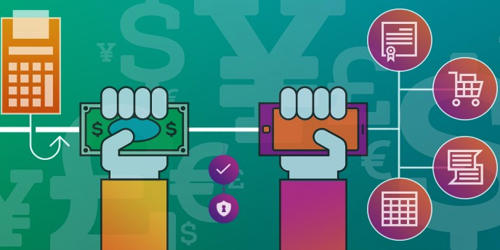Forbearance is a refraining from the enforcement of something (such as a debt, right, or obligation) that is due. Forbearance, in the context of a mortgage process, is a special agreement between the lender and the borrower to delay a foreclosure. It is a temporary postponement of mortgage payments. It is the action of refraining from exercising a legal right, especially enforcing the payment of a debt. The literal meaning of forbearance is “holding back.” It is the quality of being patient and being able to forgive someone or control yourself in a difficult situation.
When mortgage borrowers are unable to meet their repayment terms, lenders may opt to foreclose. It is a form of repayment relief granted by the lender or creditor in lieu of forcing a property into foreclosure. To avoid foreclosure, the lender and the borrower can make an agreement called “forbearance.” Loan owners and loan insurers may be willing to negotiate forbearance options because the losses generated by property foreclosure typically fall on them. According to this agreement, the lender delays its right to exercise foreclosure if the borrower can catch up to its payment schedule by a certain time. This period and the payment plan depending on the details of the agreement that is accepted by both parties. may provide temporary payment relief to assist homeowners dealing with a job loss, disability, illness, a recent disaster, divorce, death of a wage earner, or other unique circumstances.
The terms of a forbearance agreement are negotiated between the borrower and the lender. Historically, forbearance has been granted to customers in temporary or short-term financial difficulty. Forbearance assistance is now being offered to mortgage borrowers affected by COVID-19, the illness caused by the novel coronavirus. If the borrower has more serious problems, e. g. the return to full mortgage payments in the long term does not appear sustainable, then forbearance is usually not a solution. This option lets you deal with your short-term financial problems by giving you time to get back on your feet and bring your mortgage current. Each lender is likely to have its own suite of forbearance products.
To avoid a costly foreclosure, the lender and the borrower can negotiate a forbearance agreement to allow the borrower to catch up on payments. In response to COVID-19 government-sponsored mortgage loans in the United States qualify for forbearance plans in compliance with the CARES Act. These plans are for borrowers impacted by COVID-19. Some common questions that arise include what are the consumer’s options at the end of the forbearance period and how will a forbearance agreement impact my credit. Forbearance can be used in a variety of lender/borrower situations and is often used with student loans.
















